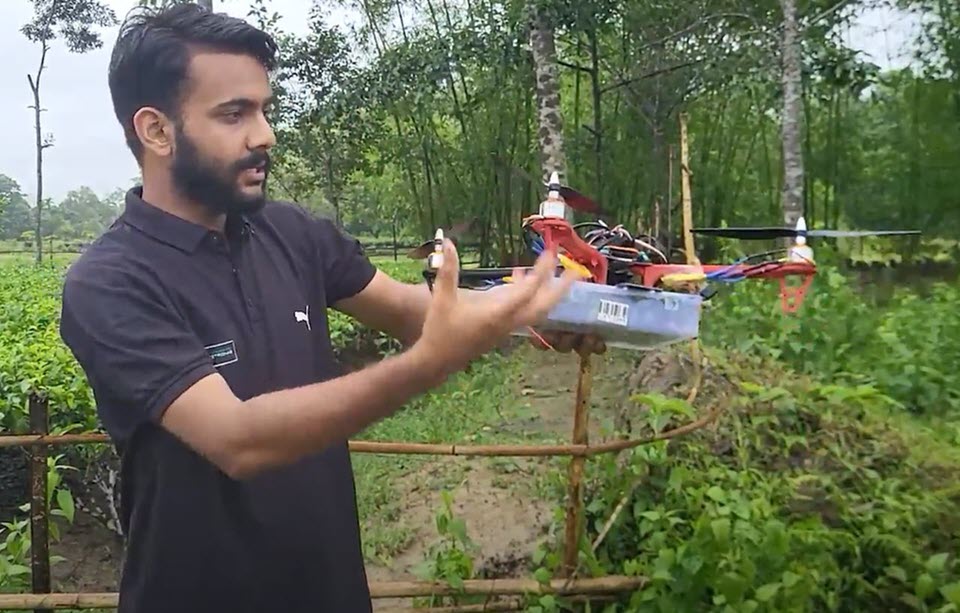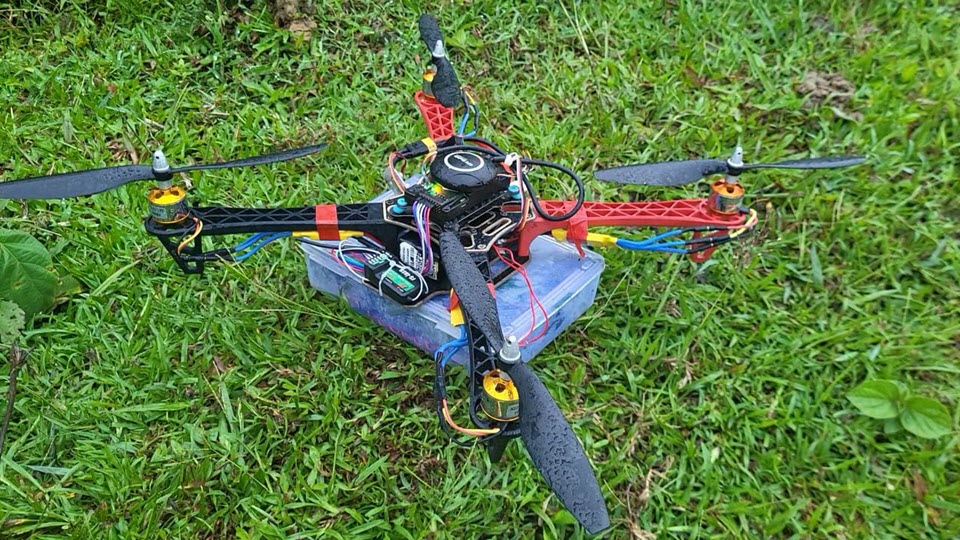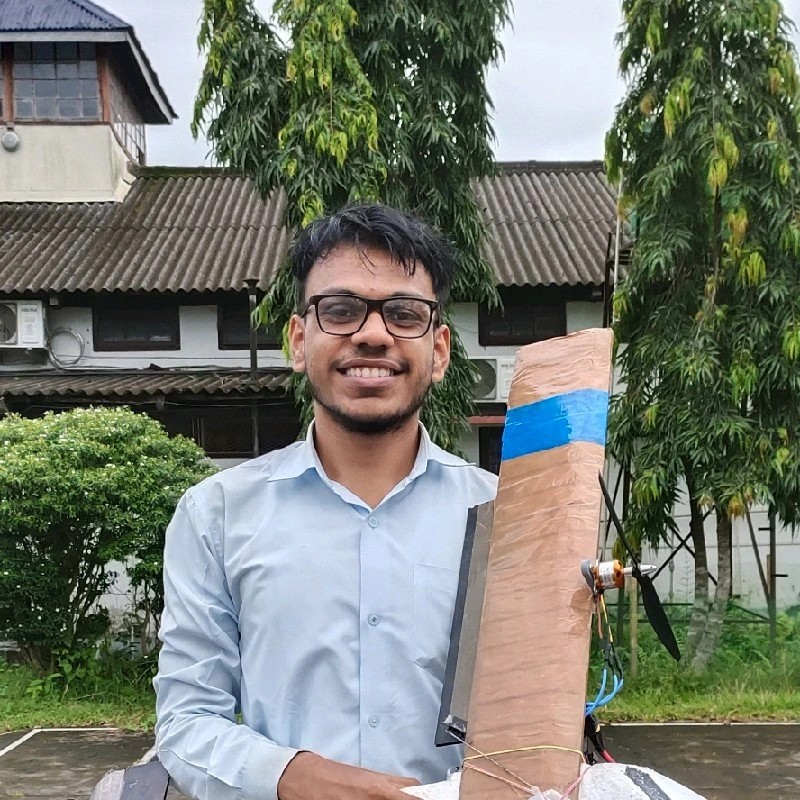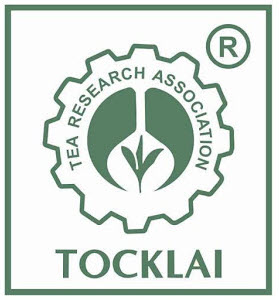Episode 171
India’s Tocklai Tea Research Institute in Jorhat announced the winners of the 2024 Tech Brew Hackathon competition, held on International Tea Day. The winning students received 50,000 rupees for tackling their choice of five industry challenges. Teams from 20 universities participated, submitting projects addressing tea waste, marketing and promotion, and climate change. A panel of nine tea industry experts judged the projects.
The top three teams are Team Orthodox, representing the Assam Science & Technology University with a novel non-chemical pest control solution; the second prize goes to Team Neuro Linga at the PSG Institute of Technology and Applied Research in Coimbatore for designing an integrated weather and crop health monitoring system. Team Doodle, also from PSG, proposed a network of sensors that monitor plant conditions for growers, signaling areas of concern. A resource website with a chatbot informed by a machine-learning AI model will assess their concerns and suggest remedies.
Powered by RedCircle

Hackathon Focuses Youthful Attention on Pressing Problems.
By Dan Bolton
Tea Research Institute Secretary Joydeep Phukan said the “hackathon marks a significant milestone in bringing technological innovation to one of India’s most vital industries. I’m proud to announce the successful conclusion of the first-ever tea Tech Brew National Hackathon, a groundbreaking event aimed at addressing the challenges faced by the Indian Tea Industry.”
Phukan said the event was organized “under the esteemed leadership of Chairperson Nayantara Palchoudhuri, Tocklai staff, and industry professionals who judged the competition.”
Team Orthodox
The winning students, Team Leader Pragyan Sen Deka, 23, and Pranjit Barman, 22, designed a drone-mounted hyperspectral imaging eye that roams tea gardens, searching for indications of pest infestations. Suspended below the drone is a smoke chamber that delivers natural fumigants that pests avoid.
Fumigating crops with low-hanging smoke is an ancient, effective, and non-chemical method of driving pests away. Winning team leader Pragyan Sen Deka describes how a modern “Spectro Smoke” generator heats ferns and grass with electrically controlled nichrome wire, producing a downward-driven column of smoke that rises to the underside of leaves and drives away pests like the tea mosquito, one of several insects that reduces tea yields in India by an estimated 147 million kilos a year.
“This innovation promises to transform how we approach pest control, ensuring healthier crops and a more sustainable future for tea plantations,” writes Phukan.

Team Neuro Linga (second place)
The second prize goes to Team Neuro Linga at the PSG Institute of Technology and Applied Research in Coimbatore for designing an integrated weather and crop health monitoring system.
“Their innovative solution impressively combines AI and IoT to tackle pest control and crop health. Using sensors, cameras, and smart technologies, they’ve developed a comprehensive system that not only repels pests but also monitors and predicts pest outbreaks, ensuring healthier crops and a more sustainable future for the tea industry,” writes Phukan.
Team Doodle (third place)
Their innovative solution features a specialized RAG (retrieval augmented generation) model for tea pest detection, designed to minimize computational resources while delivering precise, domain-specific results. Utilizing a Phi2 model with 2 million parameters and an image classification model (ResNet), Team Doodle leverages research papers, and articles scraped via Jina AI to ensure accuracy and relevance. Additionally, minimal hardware is used to collect environmental data such as temperature and moisture, helping to prevent pest outbreaks with accurate and timely detection.
“Team Doodle’s approach represents a significant advancement in sustainable pest management for the tea industry. It combines cutting-edge AI with practical environmental monitoring,” writes Phukan.
Problems to Solve
Here is a list of problems students were asked to address:
- Problem Statement 1: The tea industry faces significant challenges due to climate change, including water scarcity, temperature fluctuations, and soil degradation. Develop a technology-driven solution to help tea farmers adapt to changing climatic conditions, optimize water usage, and maintain soil health to ensure sustainable tea cultivation.
- Problem Statement 2: Tea crops are vulnerable to various pests and diseases, which can devastate tea crops within a short period. Develop a predictive model using data analytics and machine learning to forecast outbreaks of pests and diseases, enabling pre-emptive action to protect crops and reduce the reliance on chemical pesticides.
- Problem Statement 3: With climate change and changing weather patterns, the incidence of pest management has increased, with certain pests such as the Tea Mosquito Bug, Looper Caterpillar, and Green Thrips causing havoc in tea plantations. Develop technologies based on airwaves, sound waves, or biocontrol to control the outbreak of the Tea Mosquito Bug, Looper Caterpillar, and Green Thrips to showcase how it works in tea plantations.
- Problem Statement 4: The tea plant Camellia sinensis is a wonder plant. Tea leaves are harvested to make various types of tea. The tea plant also produces tea seeds and flowers. Tea is high in various properties, such as antioxidants and flavonoids. Propose methods and technologies to convert tea into diversified products using tea leaves and waste using innovative technology.
- Problem Statement 5: Tea is the second most consumed beverage after water globally. However, there is intense competition for tea as a beverage over other products. Some of the products sold as tea are not from the plant Camellia Sinensis. Develop technology-based solutions to promote tea amongst people from age 10 to 35 years, highlighting its many health benefits, which should be innovative and scalable to make tea the most sought-after drink. One may add non-technology-based suggestions to justify their technologies.
Hackathon Judges
- Ms N Palchoudhuri, Chairperson TRA
- Mr Dan Bolton, Tea Journalist, Canada
- Mr S K Saria, Chairman, NBC TRA
- Mr Kailyanjeet Borah, Vice Chairman Agriculture Committee TRA
- Mr Abhijeet Hazarika, Tsigma Consultancy
- Mr Jai Kejriwal, Council Member TRA
- Dr Anoop Barooah, former Director TRA
- Dr A Babu, Director TRA
- Joydeep Phukan, Secretary TRA
Tea Research Association – Tocklai Institute
To delve into the science and processes behind a good cuppa, visit the Tocklai Institute, the world’s largest and oldest tea research center (founded in 1911). The labs there research microorganisms that inhibit plant disease and promote growth. There is also a tea museum and model tea factory exhibiting the machines that turn leaves into teapot-ready tea.
History
The establishment of the Scientific Department of the Indian Tea Association (ITA) in 1900 marked the beginning of a new era of tea research in India. This was consolidated with the creation of the Tocklai Experimental Station in 1911.
The formation of the Tea Research Association (TRA) in 1964, with Tocklai at the center of all activities, further expanded the horizon of tea research to cover the entire Northeast India. Research on all aspects of tea cultivation and processing is carried out at the Tocklai Tea Research Institute, Jorhat, the world’s oldest and largest research station. Transfer of technology to its member estates is carried out through its advisory network covering 1,076 tea estates occupying 341,049 hectares (1,317 sq mi) of land spread over The South Bank, North Bank, Upper Assam, Cachar, Tripura, Dooars, Darjeeling and Terai. Tocklai has its regional R & D Centre at Nagrakata, West Bengal.
The organization undertakes basic and applied research on tea cultivation and processing in northeast India. A large chunk of the research work is done at Tocklai, while area-specific research for Dooars is carried out at NBRRDC, Nagrakata. Research on the pharmacological properties of black tea is carried out in collaboration with Kolkata and other institutes across India. The technologies developed through R&D activities are disseminated to the member gardens through a wide network of advisory personnel who conduct regular hands-on demonstrations and workshops.
Photos courtesy Team Orthodox | Tocklai Tea Research Center
Tea Research Association
113, Park Street, Kolkata-700016
+91-033-22291815, 22293813
[email protected] / [email protected]
Powered by RedCircle
Share this post
India’s Tocklai Tea Research Institute in Jorhat announced the winners of the 2024 Tech Brew Hackathon competition, held on International Tea Day. The winning students received 50,000 rupees for tackling their choice of five industry challenges. Teams from 20 universities participated. | Episode 171 | 7 June 2024




